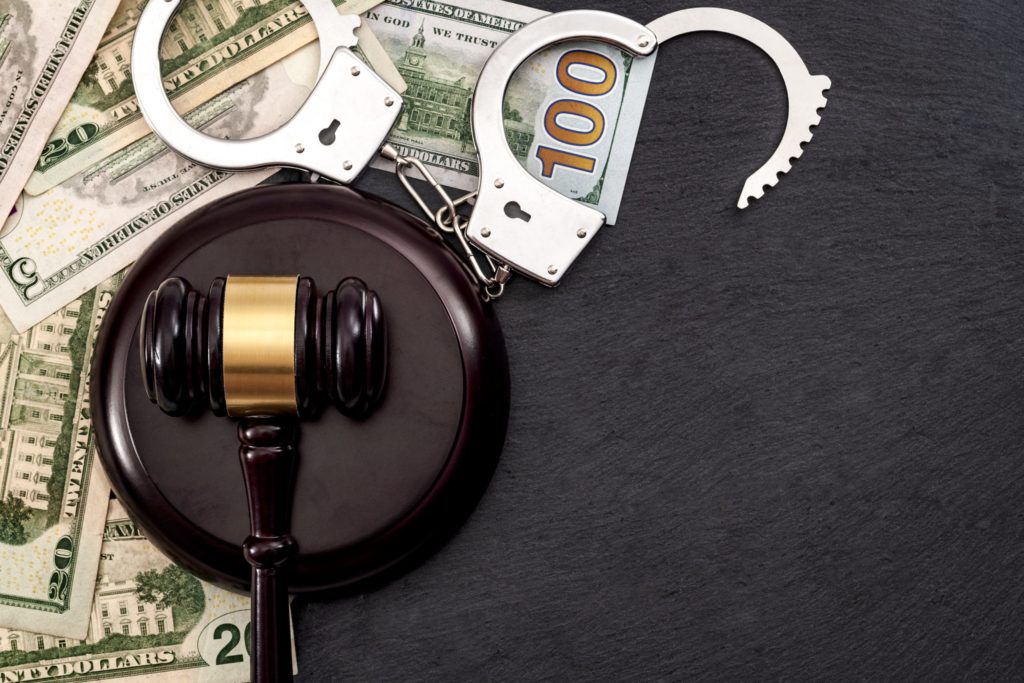Administrative Patent Challenges and Drug Prices
Author
Introduction
Patents figure prominently in the policy conversation over skyrocketing drug prices and the increasing unaffordability of American health care. Commentators have raised questions about anticompetitive practices based on “thickets” of dozens or hundreds of patents and about whether many of those patents were correctly granted and represent substantial advances in medical innovation. The overarching concern is that erroneously granted patents could unjustifiably suppress competition by blocking the introduction of generic drugs, resulting in artificially inflated drug prices without worthy justification. As a result, members of Congress have repeatedly introduced bills and called on the U.S. Patent and Trademark Office (USPTO) and other parts of the executive branch to investigate reforms to correct for any negative effect that patents may have on drug prices.
A key reform enacted over 10 years ago attempts such a correction. The America Invents Act (AIA) created two new pathways for administratively challenging the correctness of issued patents before panels of expert administrative patent judges who sit on the Patent Trial and Appeal Board (PTAB) within the USPTO. The intention of these proceedings was to create an efficient litigation alternative for addressing ongoing questions of patent quality, and the proceedings have been used by generic firms seeking to clear out invalid patents from pathways to drug market competition. Yet these proceedings have not been without controversy: They have attracted multiple Supreme Court cases, dozens of hearings, legislative proposals and administrative actions to cut back on their effectiveness as vehicles for challenging patents. With respect to drug patents in particular, there is an ongoing line of argument that PTAB patent challenges conflict with the preexisting and complex scheme of patent litigation in federal courts that takes place between generic firms and brand-name pharmaceutical manufacturers.
Despite this ongoing controversy, surprisingly little attention is paid to how these proceedings affect the top-line question of drug pricing. Some initial studies have explored generic manufacturers’ use of inter partes review. Others have investigated the relationship between such proceedings and federal court litigation. The USPTO itself has also reviewed PTAB trials involving Orange Book–listed patents. However, none of these studies have compared proceedings with the availability of generic drugs or consequent changes in drug pricing.
A preliminary study of that relationship was performed in an amicus curiae brief filed in the Supreme Court. But that brief was limited to a hand-selected set of examples of challenged drug patents. This study aims to be more comprehensive, considering the entire spectrum of relevant patents. It joins patent-challenge proceedings data from the USPTO, drug-formulation data from the U.S. Food and Drug Administration (FDA), and drug-pricing records collected by the Centers for Medicare and Medicaid Services (CMS) to assess how PTAB proceedings relate to changes in generic competition and consequent pricing.
This study is intended to be a preliminary start to potentially much more detailed research on the role of administrative patent challenge proceedings. Every drug, patent and generic-firm challenge is unique and cannot be fully characterized by summary statistics. Nevertheless, this preliminary investigation arrives at two key findings. First, successful challenges to drug patents before the PTAB correlate with increases in the number of approved drug competitors and with decreases in price: A drug formulation with a successful patent challenge typically has seven additional products approved within five years and a price drop of around 20 percent. Indeed, within three years of a successful patent challenge, 16 percent of drug formulations experience a price drop of 75 percent or more. These results suggest that administrative patent challenge proceedings are closely tied to generic competition and lower prices. Second, these administrative proceedings are likely not the sole cause of these outcomes; the proceedings are likely acting as an adjunct to existing federal court litigation pathways rather than as a replacement for them.










